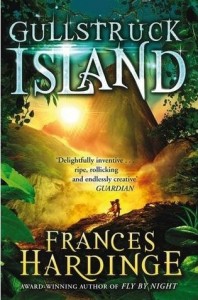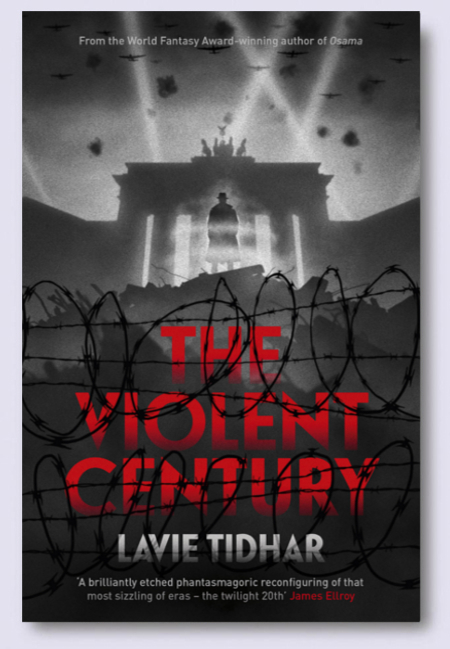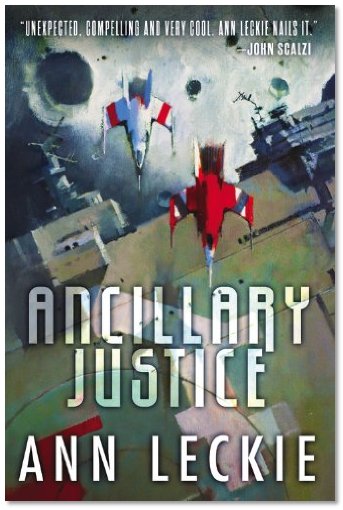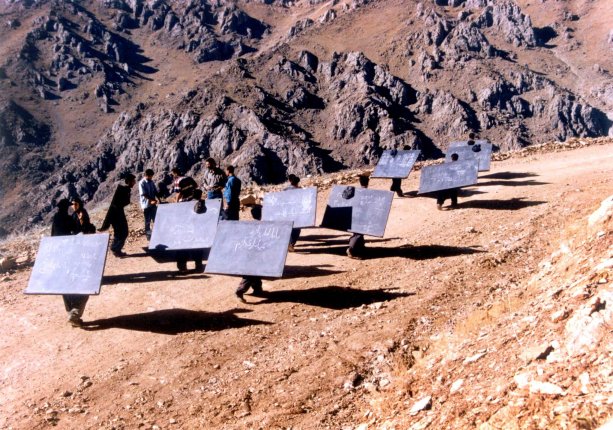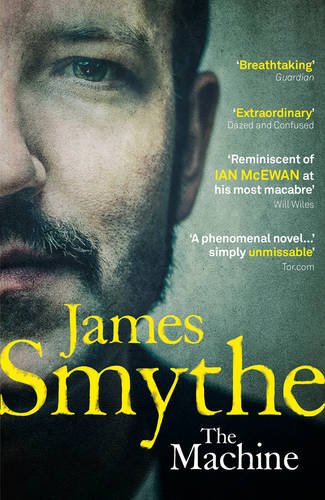 The near future is
grim: climate change has brought floods and now a heavy airless heat. Victor
had come back from yet another war injured and violent but the doctors had
promised to take away the painful memories using the Machine. Instead it had
taken everything and Victor had been left a shell. Now Beth has managed to find
one of the old Machines. She orders it online and delivery men place its
massive bulk in the spare room, next to the bed. It’s the only place in the
flat where it will fit. She’s going to reconfigure it and use it to rebuild
Victor, her husband. She has planned meticulously. If only she can get Vic back
they can face the violence, the fear and the memories head on, the way they
should have done the first time.
The near future is
grim: climate change has brought floods and now a heavy airless heat. Victor
had come back from yet another war injured and violent but the doctors had
promised to take away the painful memories using the Machine. Instead it had
taken everything and Victor had been left a shell. Now Beth has managed to find
one of the old Machines. She orders it online and delivery men place its
massive bulk in the spare room, next to the bed. It’s the only place in the
flat where it will fit. She’s going to reconfigure it and use it to rebuild
Victor, her husband. She has planned meticulously. If only she can get Vic back
they can face the violence, the fear and the memories head on, the way they
should have done the first time.
Smythe has crafted a
taut, complex novel, heavy with fear and tension; a novel that explores the
deceptions of memory and interrogates the stories we tell ourselves to endure.
It’s a novel that frequently had my heart racing and storm clouds gathering over
my head as I felt the dread of plans slipping out of control and the palpable
threat of violence. It’s not often a novel evokes such a degree of atmosphere
and mood. The long hot summer feels unbearably
muggy and oppressive whilst the sense of threat on Beth’s estate adds to the
claustrophobia. The narrator stays close to Beth throughout; the method allows
Smythe to create another layer of tension because you are so close to Beth’s frustrations
and anxieties, her headaches and her tiredness.
The other great
element is the machine itself. I’m not that well read in the sci-fi classics
but I know enough to realise that Smythe has captured an important measure of
the uncanny with his machine. It has an otherness; a power beyond human control
and understanding that makes me remember echoes of Roadside Picnic and Rogue
Moon. The slightly future Britain is brilliantly realised as are the
physical descriptions of Beth trying to care for Victor. Furthermore Beth is a
complicated character full of desire and frustration, but it’s the descriptions
of the machine and its monstrous otherworldliness that lifts Smythe’s novel onto
a different level of excellence. I finished it three nights ago and it’s still
scratching away at the insides of my head. I can’t shrug it off.
The Machine should have been on BFSA shortlist and I hope it makes
the Clarke.

